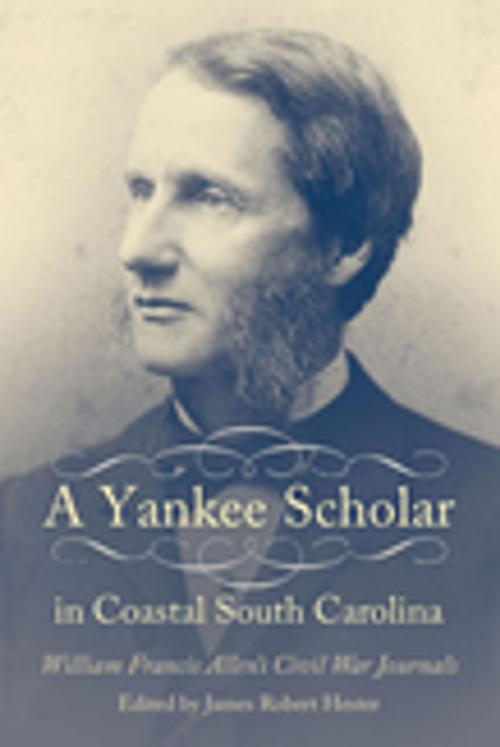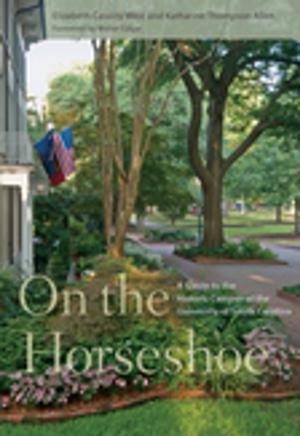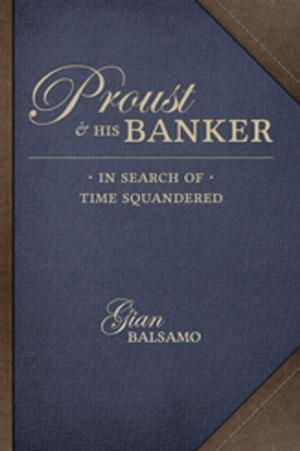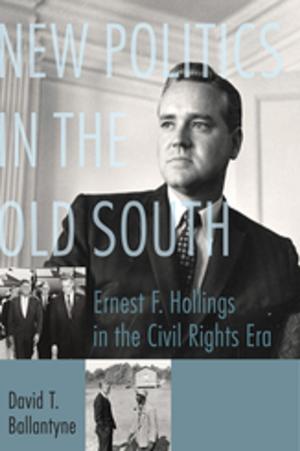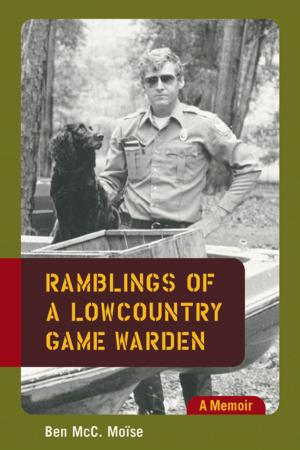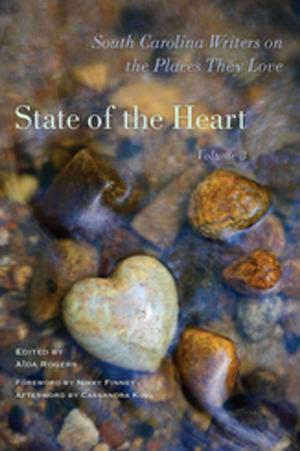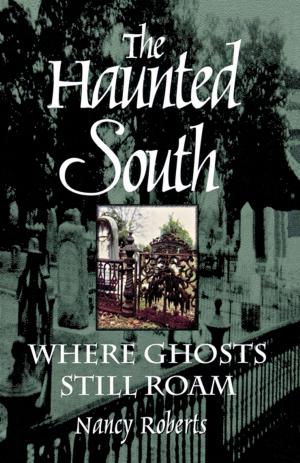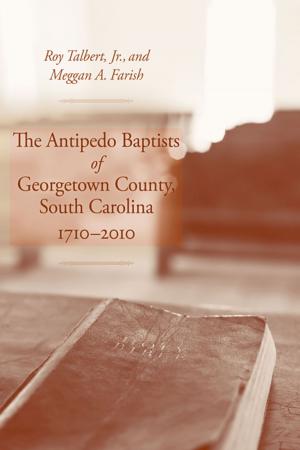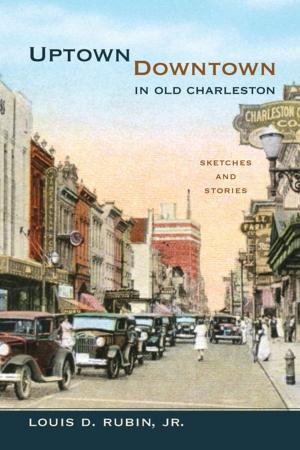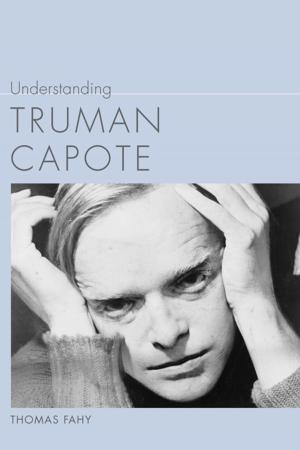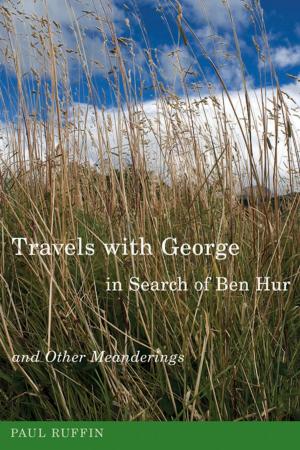A Yankee Scholar in Coastal South Carolina
William Francis Allen's Civil War Journals
Nonfiction, Entertainment, Music, International, History, Americas, United States, Civil War Period (1850-1877)| Author: | ISBN: | 9781611174977 | |
| Publisher: | University of South Carolina Press | Publication: | July 30, 2015 |
| Imprint: | University of South Carolina Press | Language: | English |
| Author: | |
| ISBN: | 9781611174977 |
| Publisher: | University of South Carolina Press |
| Publication: | July 30, 2015 |
| Imprint: | University of South Carolina Press |
| Language: | English |
New Englander William Allen (1830–1889) is mostly known today as the lead editor of the 1867 anthology Slave Songs of the United States, the earliest published collection of Negro spirituals, and as a distinguished history professor at the University of Wisconsin. During the Civil War, he served from late 1863 through mid-1864 as a member of the “Gideonite band” of businessmen, missionaries, and teachers who migrated to the South Carolina Sea Islands as part of the Port Royal Experiment. After the war, he served as assistant superintendent of schools in Charleston from April through July 1865. Allen kept journals during his assignments in South Carolina in which he recorded events and impressions of about several hundred people, especially ex-slaves, along with fellow Gideonites, Union soldiers and officials, and ex-Confederates. In A Yankee Scholar in Coastal South Carolina, editor James Robert Hester has transcribed Allen’s journals and fully annotated them to create a significant documentary source of information on Civil War South Carolina. Hester notes that Allen’s journals are more than travelogues, as he often analyzed the people, events, and ideas he encountered. In addition to being a competent amateur musician, Allen was a Harvard-trained historian and philologist and brought his impressive skills to his writing. Later in his life he became an eminent professor of history at the University of Wisconsin. Hester’s introductory chapter summarizes Allen’s life from his early childhood in Northborough, Massachusetts, through his education at Harvard, his duties as associate principal of the West Newton (Massachusetts) English and Classical School, and his engagement in the Port Royal Experiment. The introduction also surveys Allen’s essays on the South published in the Christian Examiner during the Civil War and his articles written for The Nation at the war’s end. Two chapters cover Allen’s St. Helena and Charleston journals, respectively, and the book closes with a short epilogue. The work is generously annotated, containing almost 600 endnotes, which amplify Allen’s narrative and complement Allen’s vivid glimpses of coastal South Carolina during the Civil War.
New Englander William Allen (1830–1889) is mostly known today as the lead editor of the 1867 anthology Slave Songs of the United States, the earliest published collection of Negro spirituals, and as a distinguished history professor at the University of Wisconsin. During the Civil War, he served from late 1863 through mid-1864 as a member of the “Gideonite band” of businessmen, missionaries, and teachers who migrated to the South Carolina Sea Islands as part of the Port Royal Experiment. After the war, he served as assistant superintendent of schools in Charleston from April through July 1865. Allen kept journals during his assignments in South Carolina in which he recorded events and impressions of about several hundred people, especially ex-slaves, along with fellow Gideonites, Union soldiers and officials, and ex-Confederates. In A Yankee Scholar in Coastal South Carolina, editor James Robert Hester has transcribed Allen’s journals and fully annotated them to create a significant documentary source of information on Civil War South Carolina. Hester notes that Allen’s journals are more than travelogues, as he often analyzed the people, events, and ideas he encountered. In addition to being a competent amateur musician, Allen was a Harvard-trained historian and philologist and brought his impressive skills to his writing. Later in his life he became an eminent professor of history at the University of Wisconsin. Hester’s introductory chapter summarizes Allen’s life from his early childhood in Northborough, Massachusetts, through his education at Harvard, his duties as associate principal of the West Newton (Massachusetts) English and Classical School, and his engagement in the Port Royal Experiment. The introduction also surveys Allen’s essays on the South published in the Christian Examiner during the Civil War and his articles written for The Nation at the war’s end. Two chapters cover Allen’s St. Helena and Charleston journals, respectively, and the book closes with a short epilogue. The work is generously annotated, containing almost 600 endnotes, which amplify Allen’s narrative and complement Allen’s vivid glimpses of coastal South Carolina during the Civil War.
